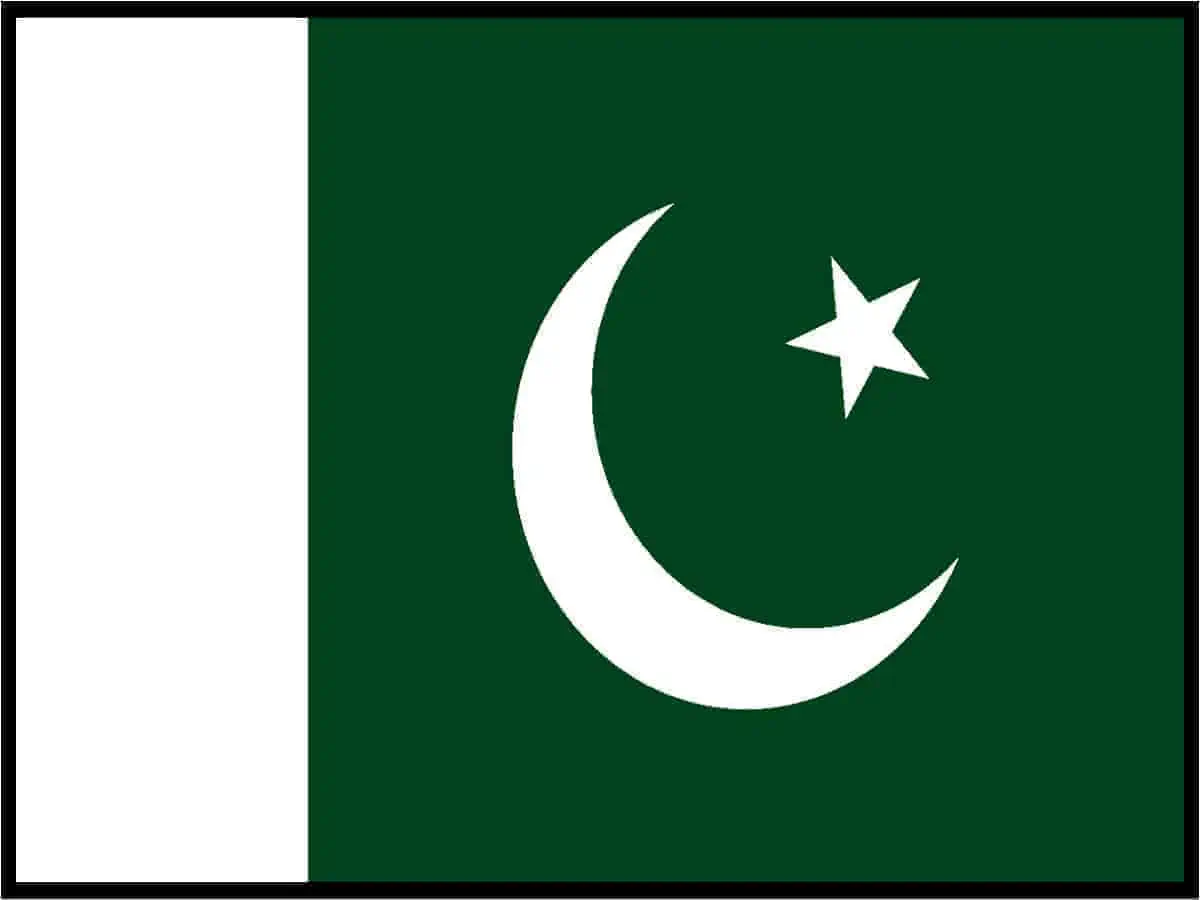
Lahore: Police in Pakistan under pressure from religious extremists destroyed the tombstones of 80 graves of the minority Ahmadi community in the Punjab province, Jamaat-e-Ahmadiyya Pakistan claimed on Friday.
The incident took place in Daska, some 100 km from Lahore, the provincial capital.
According to the Jamaat-e-Ahmadiyya Pakistan, police, under the pressure of the religious extremists, desecrated at least 80 graves of two separate graveyards of the Ahmadi community in Daska.
“The police destroyed the tombstones of Ahmadi graves despite the fact that the graveyard land was allocated to the Ahmadi community by the government of Punjab,” it said on Friday in a statement.
It claimed that Assistant Commissioner Daska, Anwar Ali Kanju had issued the illegal order of demolition of Ahmadi graves’ tombstones.
“Anwar Ali Kanju has been involved in Ahmadi persecution for long. The state needs to understand how officers like Kanju give a poor name to the reputation of Pakistan in the global community,” it said.
Videos circulating on social media also show the policemen holding hammers in their hands demolishing the tombstones of the graves.
“This is a condemnable and horrifying incident that can never be justified. It is time for the state to clarify what is its policy on the desecration of Ahmadi graveyards. The government must clarify under which laws the police and local administrations are desecrating graves of the Ahmadi community,” the Jamaat-e-Ahmadiyya Pakistan said.
As many as 42 incidents of desecration of our worship places of Ahmadi minority community in Pakistan mostly in Punjab have taken place last year alone in various parts of Pakistan mostly in Punjab.
Most Ahmadi worship places have come under attack by radical Islamists — Tehreek-e-Labbaik Pakistan (TLP) — activists while in other incidents police on the pressure of religious extremists demolished minarets, arches, and removed sacred writings.
The TLP says that Ahmadi worship places are similar to that of Muslim Mosques because they have minarets.
Although Ahmadis consider themselves Muslims, Pakistan’s Parliament in 1974 declared the community as non-Muslims. A decade later, they were not just banned from calling themselves Muslims but were also barred from practising aspects of Islam.
These include constructing or displaying any symbol that identifies them as Muslims such as building minarets or domes on mosques, or publicly writing verses from the Quran.
However, there also is a Lahore High Court ruling that states the places of worship built prior to a particular ordinance issued in 1984 are legal and hence should not be altered or razed down.
